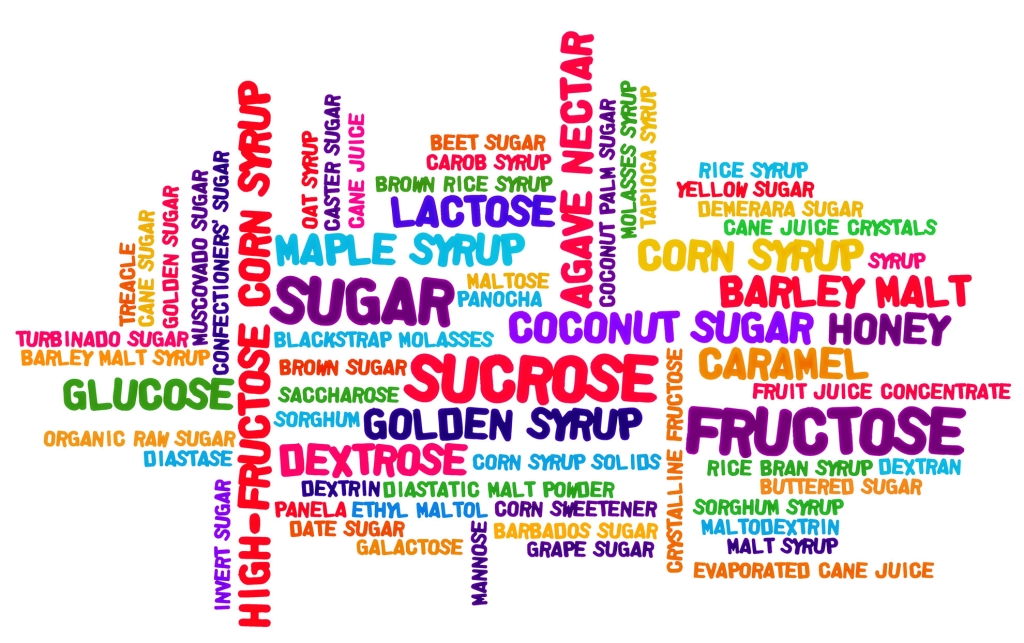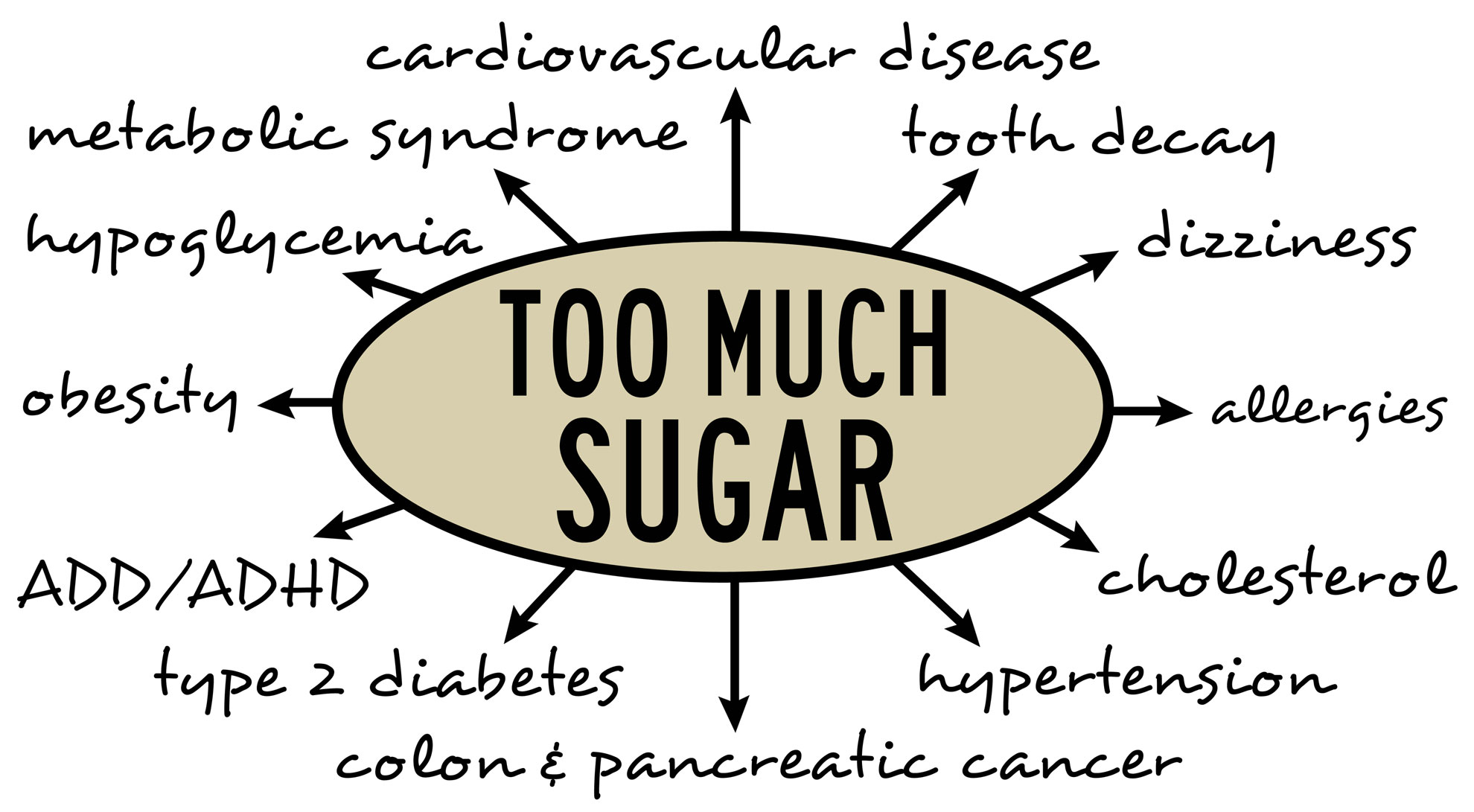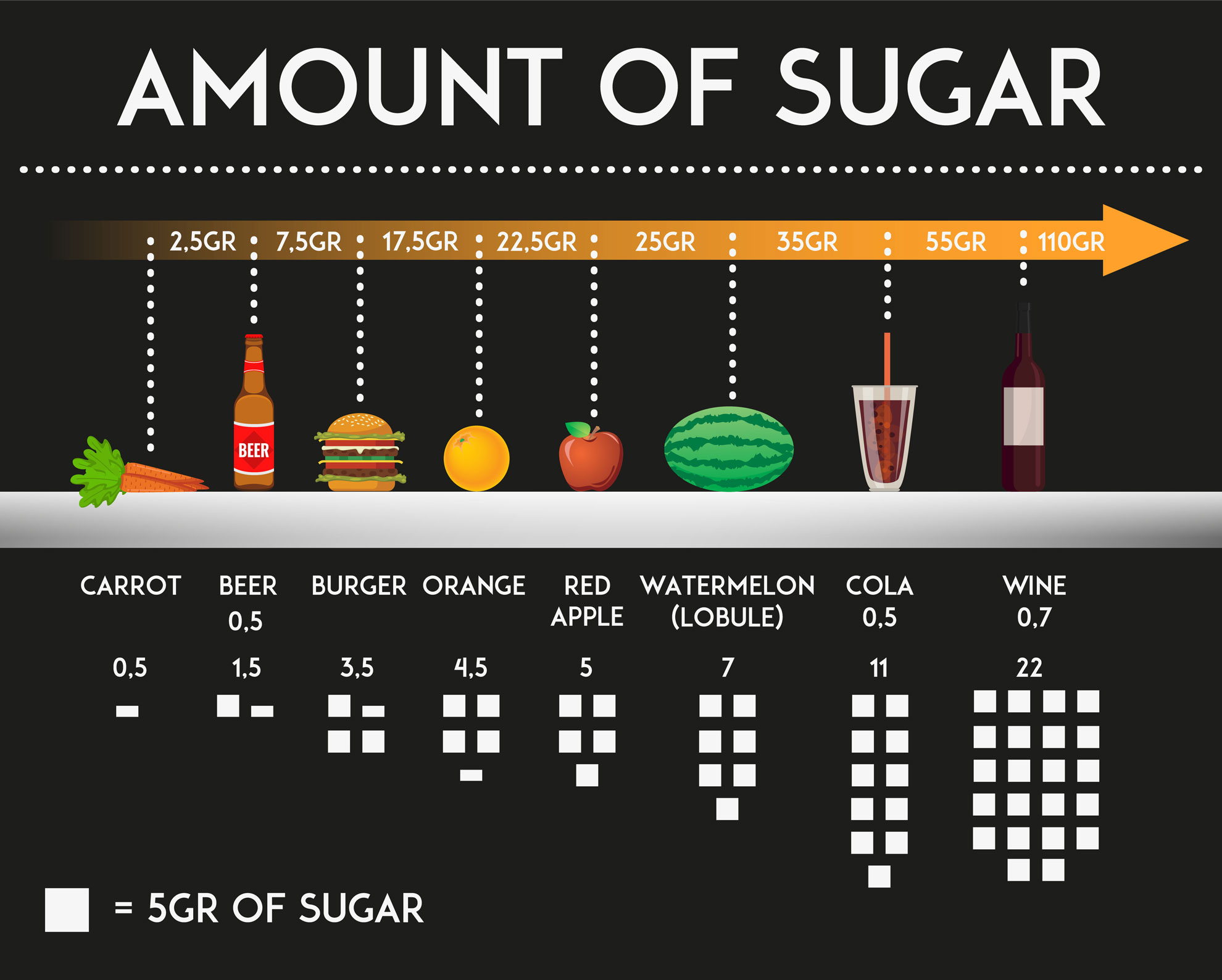The Perils of the Sweet White Powder – Sugar – 10 Tips for a Healthy Immune System (part three Addendum)
The original intent of this “addendum” to our immune series was to solely focus on the challenge that added sugars pose to our immune system. As I delved deeper and deeper into the research on added sugar’s impact on our immune system it became clear that it made the most sense to expand the effects of sugar to our overall health and other areas of our body. This feels the most genuine and is in keeping with my previous post of part one in this series where I try to make the point that immune health needs to be looked at, and acted upon, in a holistic manner. Fundamentally, you are your immune system, it is not limited to a number of cells running throughout your body fighting off challenges and invaders. This is the reason for the double title. (Note: this blog is focused on added sugars/refined sugars so for simplicity’s sake I will just be saying “sugar” but the “added” is implied)
Before we dive in let’s clear up a couple of sugar myths.
One, “a calorie is a calorie”. Simply not accurate. Some calories cause disease more than others and differently calories are metabolized by the body differently.
Two, sugar is not “empty calories”, sugar is “toxic calories”.
How Much?
On average, we currently consume 3 to 4 times the amount of sugar recommended by the American Heart Association, a number that, I suggest, is already too high. So how much sugar do we consume? On average, 22 teaspoons of sugar.  Try a little experiment, grab a big bag of sugar and scoop out 22 teaspoons of sugar into a glass. For added impact, do this with a total of 7 glasses – this is a week’s worth of sugar. “But”, you say, “I don’t add sugar to any of my foods.” How can this be? Well, 80% of foods found in American grocery stores has added sugar. 80%! By one estimate there are 56 different names for sugar. (see chart). Sadly things are getting worse and worse. In 1820 the average sugar consumption was about 4 pounds a year, by 2005 that amount has increased over 25 times (100 pounds). That’s right, we eat over 25 times the sugar as our not-too-distant ancestors ate. It has been estimated that by 2025, 20% of the world will be clinically obese (a number the US has already soared past and stands around 30%), with 1 in 10 having type 2 diabetes. By 2050 it is thought to be 1 in 3 with diabetes.
Try a little experiment, grab a big bag of sugar and scoop out 22 teaspoons of sugar into a glass. For added impact, do this with a total of 7 glasses – this is a week’s worth of sugar. “But”, you say, “I don’t add sugar to any of my foods.” How can this be? Well, 80% of foods found in American grocery stores has added sugar. 80%! By one estimate there are 56 different names for sugar. (see chart). Sadly things are getting worse and worse. In 1820 the average sugar consumption was about 4 pounds a year, by 2005 that amount has increased over 25 times (100 pounds). That’s right, we eat over 25 times the sugar as our not-too-distant ancestors ate. It has been estimated that by 2025, 20% of the world will be clinically obese (a number the US has already soared past and stands around 30%), with 1 in 10 having type 2 diabetes. By 2050 it is thought to be 1 in 3 with diabetes.
Immunity and Sugar
Just as poor diet choice, lack of sleep, and stress significantly impair our immune function, so can sugar. In fact, within minutes of consuming a spoonful of sugar your immune system slows down along with the numbers of immune cells decreasing. What we are left with is simply fewer immune cells doing less of what they are supposed to be doing. Keep in mind, this is with a single serving of sugar. Now, extrapolate this out to multiple times a day, day in, day out, for years and years and years, all the while your immune system is underperforming. A recent study found that a high caloric diet for just 3 weeks had a drastic impact on the immune system. One change was that a type of dendritic cell began to accumulate in the visceral fat tissue. Visceral fat is the type that surrounds the organs internally and is much more deadly. These immune cells in the study were shown to be in a constant state of alarm leaving one’s immune cells in a constant state of viral fighting triggering metabolic syndrome and increasing inflammatory markers.
Sugar’s impact on our immune health is both direct and indirect. Directly, sugar suppresses the immune system and slows down immune activity. Indirect actions include increasing free radicals, increasing inflammation, imbalancing the gut microbiome, and likely contributing to depression – all of these having negative impacts on our immune function.
Sugar’s Broader Impact
Sugar plays a few major tricks on our body. First, sugar messes with our body’s ability to tell when it is full, it impairs leptin production. Leptin is what tells our body that we can stop eating now that we have had enough. A consequence of this is that you may be hungry even after eating or even over-eating because the leptin is not there to tell us we are full. Another trick is that sugar triggers chemicals that stimulate the brain’s pleasure centers increasing the cravings. To further confound us, people can develop a tolerance which leads to craving even more sugar. Sugar also triggers the body to store fat more efficiently which allows it to build up, especially the dangerous visceral fat. And to top it off, sugar is not the energy boost that so many of us use it for. A review of 31 studies, involving almost 1,300 participants, found that it did not improve fatigue or mood, it actually led to a slump in energy. (Tip – try getting outside for a short walk in place of that afternoon reach for a sugary treat)

Sugar’s overall impact on our health is broad and diverse. Excessive intake of added sugars has been associated with heart disease, kidney failure, strokes, blindness, Alzheimer’s disease, depression, violent behavior, lower limb amputations, aging, and of course diabetes and obesity, just to name a few. Our cardiovascular system and heart are especially susceptible to negative health impacts associated with too much sugar in the diet. Sugar increases inflammation within the cardiovascular system and is linked to higher levels of LDL (bad) cholesterol, triglycerides, lower HDL (good) cholesterol and tense arteries. Research strongly associates an increased risk of heart attacks and strokes with this excessive sugar consumption. With regards to brain health, some have suggested that Alzheimer’s disease may be type 3 diabetes, at least in some cases. Chronic sugar consumption has been shown to impair the brain’s ability to metabolize sugar. A study of 9,000 people found that long term high intakes of sugar raised the risk of depression by nearly 40%. One of the most evident impacts sugar has on aging is in the creation of Advance Glycation End-products which has what may be the best health acronym ever, AGEs. This occurs when all that extra glucose binds to various proteins in throughout the body, noticeably damaging the skin and eyes. Clearly the growing body of research demonstrates the immune and other health dangers that our exorbitant consumption of this white crystalline compound, sugar.
Help is on the Way
Wouldn’t it be nice if there were some natural, safe remedies that could not only help our bodies maintain healthy blood sugar balance while supporting immune and whole body health? There is, and considering that you are reading a blog on a functional medicine website it will likely come to no surprise that mushrooms can do just that.* As many of you may already know, hundreds of mushrooms have been shown to support our immune function (see the upcoming part 4 of this series).* What you may not be as aware of is that many of these mushrooms have demonstrated a number of blood sugar and cardiovascular supporting activities, along with fighting free radicals and supporting a balance healthy inflammatory response.* Mushrooms contain a number of constituents that help in these efforts that involve a number of different mechanisms and pathways, making them wonderful and promising holistic allies in establishing a healthy balance blood sugar response as well as the related areas under associated threat.* Mushrooms in general are also excellent prebiotics that support a healthy, balanced, and diverse gut.* You can get some of these benefits by adding mushrooms into the diet, but if you want the strongest health supporting actions then using a concentrated, properly extracted supplement like you find in our Super Mushroom line.
There is one mushroom though that stands out for supporting healthy blood sugar and insulin levels, as well as related cardiovascular support. It is the Maitake mushroom, and more specifically, the Maitake SX-Fraction® which is supported by lab and clinical studies. The SX-Fraction contains a unique proteo-glycan that is research supported to support healthy blood sugar and insulin levels. In one study it even compared favorable to a leading pharmaceutical in this area. The studies also suggest that SX may be improving insulin sensitivity as seen by its ability to support healthy cholesterol as well as help maintain already-healthy blood pressure.*

Choices
There are of course a number of nutrients and botanicals that can help with these efforts as well, including water soluble extract of Cinnamon and Gynostemma along with chromium, magnesium, and zinc to name but a few.  Where mushrooms stand out is in their holistic impact, getting at the primary impacts as well as the systemically related ones all while supporting a healthy immune function since this was the focus of the series after all. With sugar’s ubiquitous place in our food supply it behooves us to keep in mind that sugar is not a treat at the rate we consume it, rather it is a slow “unhealth” sentence. Food should confer wellness, sugar clearly doesn’t, mushrooms clearly do.
Where mushrooms stand out is in their holistic impact, getting at the primary impacts as well as the systemically related ones all while supporting a healthy immune function since this was the focus of the series after all. With sugar’s ubiquitous place in our food supply it behooves us to keep in mind that sugar is not a treat at the rate we consume it, rather it is a slow “unhealth” sentence. Food should confer wellness, sugar clearly doesn’t, mushrooms clearly do.


